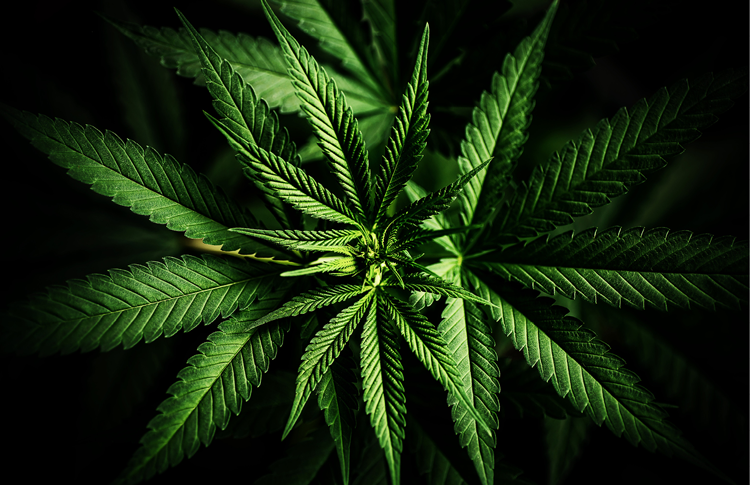
In a landmark move, the Food Safety and Standards Authority of India (FSSAI) recently finalised its draft regulations to regulate hemp seed as a food source. However, for its cousin cannabis, the road to legalisation is still some way away.
WHY IS THE FSSAI RULING IMPORTANT FOR THE HEMP INDUSTRY?
In November last year, the FSSAI stated, “The hemp seed, hemp seed oil and hemp seed flour shall be sold as food or used as an ingredient in a food for sale subject to conforming standards.”
According to Charul Yadav, partner at Obhan & Associates, the FSSAI notification is exciting news for the hemp industry, especially the health food sector as it is considered a cure for health issues such as arthritis, asthma, insomnia, and anxiety.
“By way of this notification, FSSAI has finally recognised hulled or non-viable hemp seeds, as well as oil, and flour derived from them as food or food ingredient,” Yadav says. “The notification lifts uncertainty hanging over the legality of such products in the market. It not only clarifies FSSAI’s stand with regards to such products but also sets standards for them. This will result in the entry of more players into the market with high-quality products, which will benefit the consumers.”
WHAT IS THE CURRENT STATE OF PLAY FOR CANNABIS?
The hemp plant might be from the same species as cannabis, but the two are treated very differently in India. With several countries – led by the U.S., Canada, Germany, Israel and Australia – having legalised cannabis, global sales hit $37.4 billion in 2021, and that number is expected to balloon to upwards of $100 billion by 2026. However, India currently regulates it through the Narcotic Drugs and Psychotropic Substances (NDPS) Act, 1985.
According to Yadav, Section 8 and Section 10 of the NDPS Act empower state governments to license cultivation of cannabis for medical and scientific purposes. In addition, Section 14 of the Act empowers the government to permit the cultivation of cannabis exclusively for horticultural and industrial purposes by general or special order.
So far states have not allowed the cultivation of cannabis for medical and scientific purposes thus, creating a deadlock, but that is starting to change. “Recent news of the approval of the Integrated Drug Prevention Policy by Himachal Pradesh is encouraging news,” Yadav notes. “The policy is said to have cleared the way for the cultivation of cannabis for medical, scientific and industrial purposes in the state.”
Hence as far as any substantive changes to the NDPS Act are concerned, Yadav says there is still a long way to go. “It will also be interesting to see the outcome of cases pending before the Indian courts.”
WHAT ARE THE CHANCES OF THE INDIAN CANNABIS INDUSTRY GROWING IN THE FUTURE?
According to reports, there is a growing demand for cannabis for scientific research and medical purposes, and hemp products are gaining wider acceptance. However, consumer awareness remains low, and a public stigma remains.
That could change gradually, as policies shift. For example, the National Policy on Narcotic Drugs and Psychotropic Substances, 2017 states that the “cultivation of cannabis will not be permitted given its limited proven uses for medical purposes. Although, cultivation shall be permitted for research including trials of various varieties of cannabis.”
It further states that the central government should encourage research and trials of cultivars of cannabis with low tetrahydrocannabinol (THC) content, and also follow a cautious, evidence-based approach towards cultivation of cannabis for horticultural and/or industrial purposes, Yadav notes.
According to reports, in government-authorised research premises, India has slowly begun medical research of cannabis. Furthermore, some Indian cannabis startups have emerged in recent years.
While there is a slow rise in the acceptance of cannabis even for medical use, Yadav says that she hopes, going forward, “more states allow the cultivation of Cannabis for scientific research, medical and industrial purposes.”


